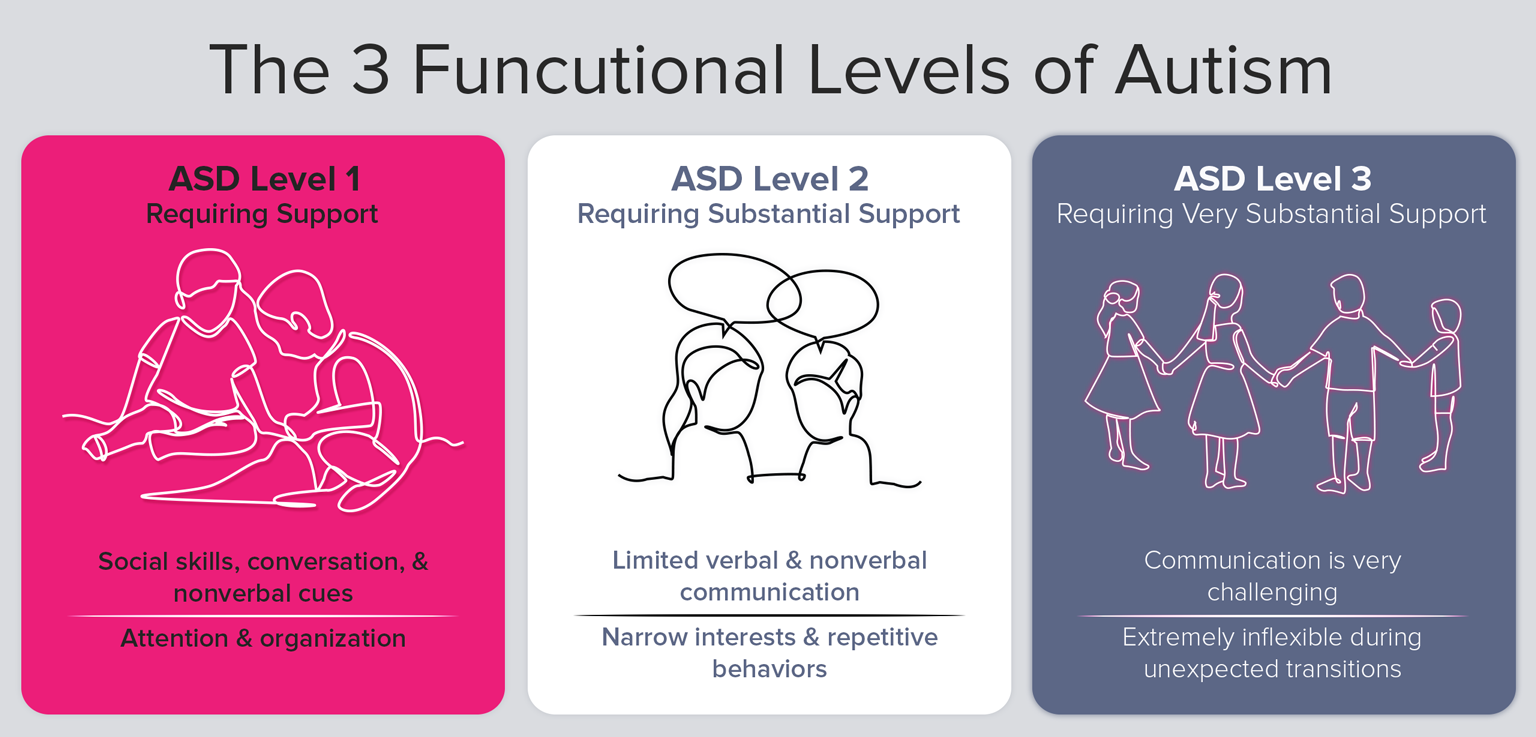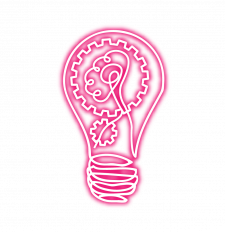
Heavy Metals’ Effect on Susceptibility to Attention-Deficit/Hyperactivity Disorder and Autism Spectrum Disorder
While we don’t realize it, we as humans living in modern society are exposed to countless toxins and substances that burden our bodies everyday. Food,




